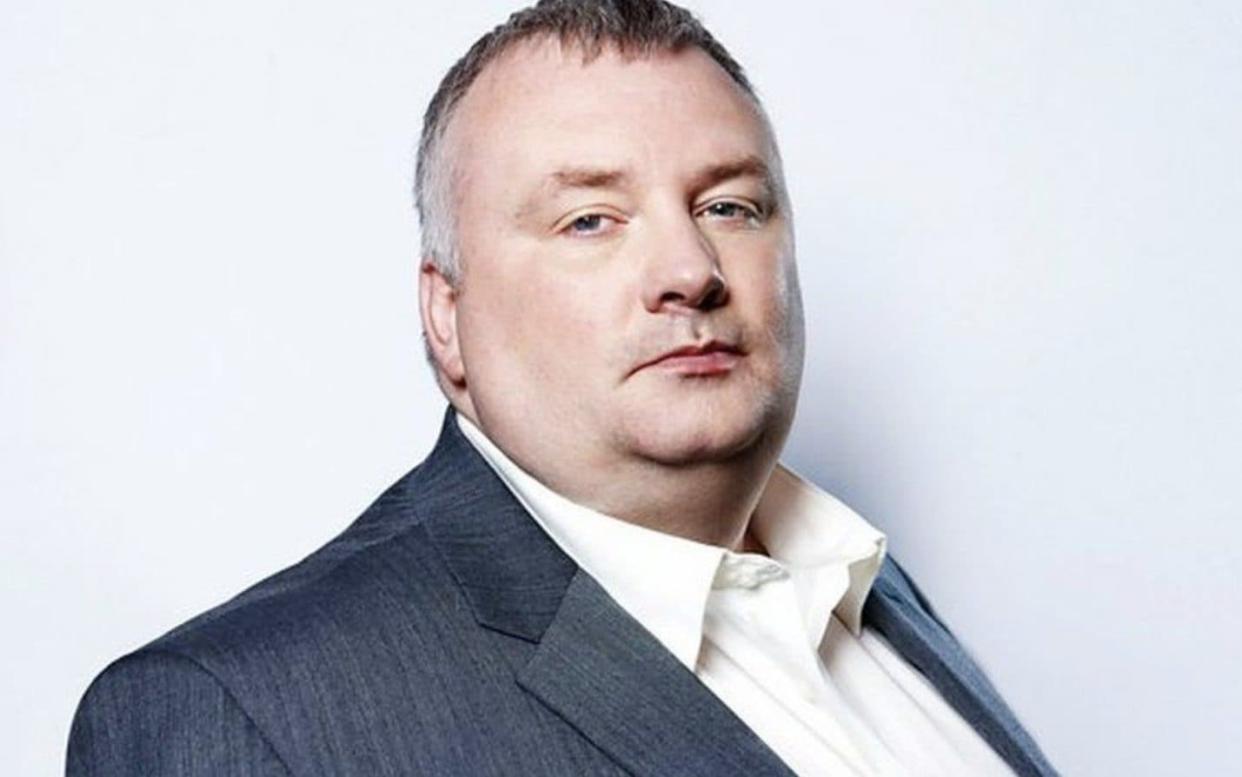BBC reporter criticises Stonewall links and says staff scared to speak out on gender

The BBC has been criticised by its investigative reporter over its links to Stonewall amid claims that staff are too “frightened” to speak out on gender issues.
Stonewall, founded in 1989 to campaign for LGBTQ+ rights, has been the subject of controversy in recent months after a number of high-profile organisations and government departments withdrew from its diversity scheme offering guidance on pronouns and gender-neutral facilities.
They left amid mounting concern over the group’s influence on public policy, but the BBC has retained this contract. Stonewall said it works for LGBTQ+ equality and it is “deeply disappointing” that this can still be thought of as controversial.
BBC journalist Stephen Nolan has claimed “there is a fear factor” among colleagues who disagree with the corporation’s alignment with the charity.
Speaking on BBC Radio 4’s Today programme, the journalist, who uncovered the extent of the relationship between the broadcaster and the organisation on his Nolan Investigates podcast, said Stonewall has “significant influence” and is a “very, very good” lobby group.
Nolan Investigates Stonewall
Available now on @BBCSounds pic.twitter.com/hk7biW9bLU— Stephen Nolan (@StephenNolan) October 14, 2021
He said: “The question here is how much should the organisations who are being lobbied be standing back, and be thinking about groups other than Stonewall who may have opposing views.
“At the heart of this podcast is the reality that gender identity is a contested issue and the reason why we’ve done this is because there is a fear factor for many, many people.
“We’ve received communication from senior people within the BBC, outside the BBC, who are frightened of speaking about this issue. Now, as soon as we know that, the BBC needs to get right into that territory, at least to facilitate safe debate, and that’s what this podcast is trying to do.”
Stonewall operates two schemes which have faced recent scrutiny. The Diversity Champions programme is provided to employers for a fee, advising them on diversity and inclusion. The Workplace Equality Index is a public ranking of organisations scored by Stonewall and does not require a fee.
The Nolan Investigates podcast, in which Stonewall declined to take part, sought information on the schemes under freedom of information laws. Some organisations, including the BBC, refused to release the information on the grounds that it could “have a detrimental impact on the commercial revenue of Stonewall”.
However, Nolan found that Ofcom, the media regulator, used its rulings on broadcasters’ content to try to impress Stonewall and score points on its Workplace Equality Index, intended to measure how employers do in supporting LGBTQ+ staff.
His criticism comes after earlier this month it was reported that the BBC’s membership of the Diversity Champions scheme was in doubt amid fears that it could jeopardise the broadcaster’s impartiality. The BBC did not comment on the report, in Vice News.
Nolan told the Today programme that Stonewall emphasises “how important gender identity is” to these organisations, and, as a result, will advise them to change their language in line with the Equality Act.
Gender reassignment is a protected characteristic under the Act, and, as a result, he claimed that “Stonewall do a very subtle thing and they say, ‘use more up-to-date language like gender identity’. Obviously, that becomes contentious, and that’s opposed by other groups”.
Nolan added: “LGBT people within the BBC have a range of different views. And what’s been really interesting since the podcast came out is the number of people from within the BBC, from within the LGBT community, who’ve contacted us and congratulated us for asking these questions about Stonewall.
“There’s no unanimity of opinion among LGBT staff that Stonewall should be the arbitrators of this. And if the BBC is taking a range of advice, other than [from] Stonewall, could they please tell us because we can’t see it.”
A Stonewall spokesman said: “Our work with employers focus on helping to build an LGBTQ+ inclusive workplace for their employees, and in no way affects their impartiality. Supporting LGBTQ+ people in the workplace should not be seen as a political or controversial act.”
A BBC spokesman said: “The BBC acts independently in all our aspects of our operations, from HR policy to editorial guidelines and content. We aim to be industry-leading on workforce inclusion and take advice from a range of external organisations, however, we make the final decision on any BBC policies or practices ourselves.
“We do not take legal advice from Stonewall and we do not subscribe to Stonewall’s campaigning. The charity simply provides advice that we are able to consider. As a broadcaster, we have our own values and editorial standards – these are clearly set out and published in our Editorial Guidelines.
“We are also governed by the Royal Charter and the Ofcom Broadcasting Code.”

 Yahoo News
Yahoo News 
